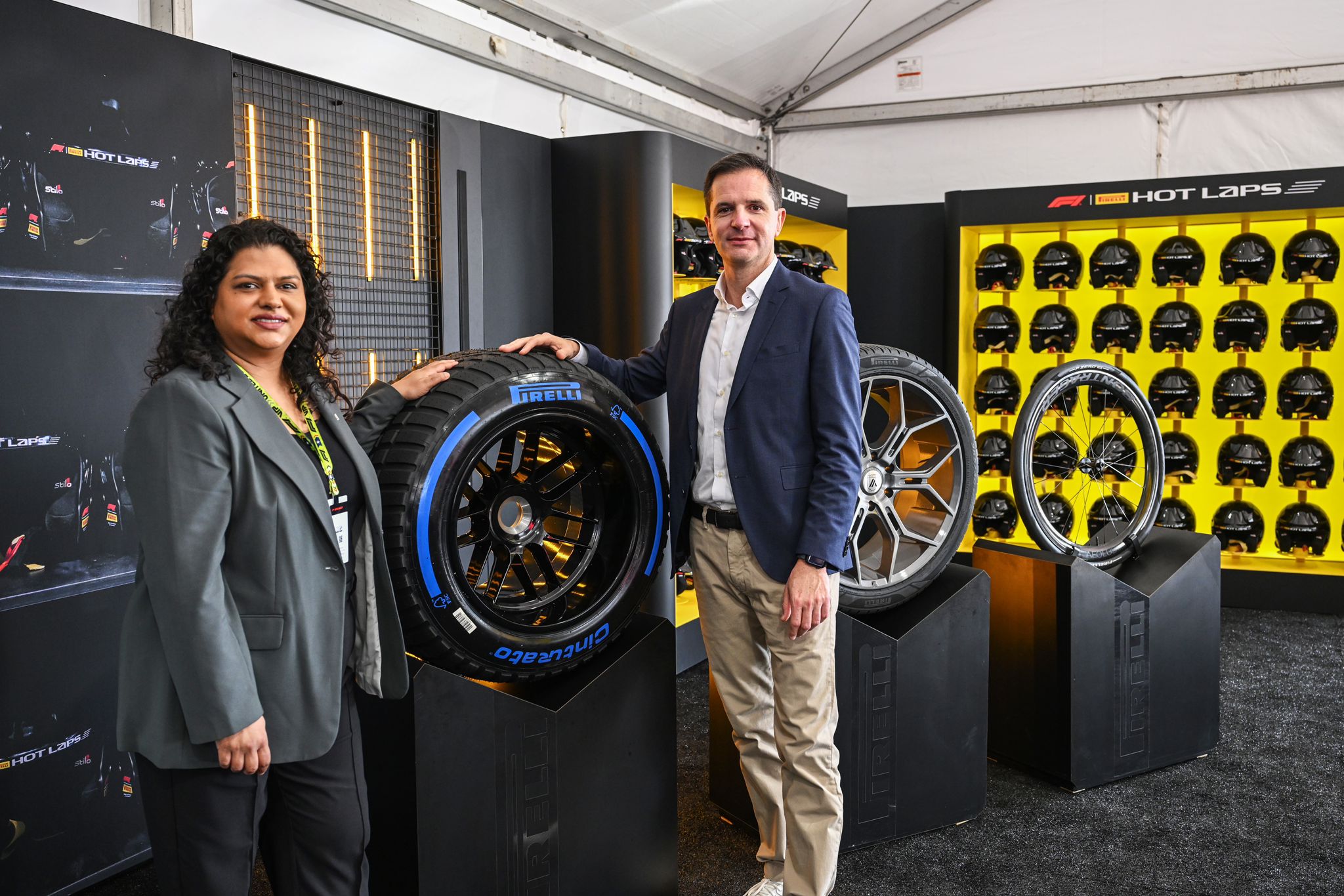Sign up for daily news updates from CleanTechnica on email. Or follow us on Google News!
Energy ministers from the G7 countries — Canada, France, Germany, Italy, Japan, the United Kingdom, the United States, and the European Union — agreed at a meeting in Turin, Italy, to close all coal-fired generating stations in their countries by 2035 if not sooner. There is one caveat, however. Germany has already said it will shutter its coal plants by 2038 and the agreement allows it to continue with that plan. Japan has no such timeline in place and may be given additional latitude with regard to its fleet of coal-fired generating stations.
However, in a caveat, the statement included an alternative goal of phasing out coal-fired power plants “in a timeline consistent with keeping a limit of a 1.5°C temperature rise within reach, in line with countries’ net-zero pathways.” The caveat was included in the final wording of the communique to grant room for maneuver to Germany and Japan, whose coal-fired plants produce more than one-fourth of their total electricity, diplomatic sources had told Reuters.
Ending Coal Is Hard To Do
Putting an end date on coal — the most polluting of all fossil fuels — has been highly controversial at international climate talks. Until this point, Japan, which derived 32% of its electricity from coal in 2023 according to the climate advocate Ember, has blocked progress on the issue at past G7 meetings. “This is another nail in the coffin for coal,” said Dave Jones, Ember’s Global Insights program director.
“The journey to phase out coal power has been long: it’s been over seven years since the UK, France, Italy and Canada committed to phase out coal power, so it’s good to see the United States and especially Japan at last be more explicit on their intentions.” Jones went on to say that while coal power has been falling, gas consumption continues. “Coal might be the dirtiest, but all fossil fuels need to be ultimately phased out.” Many of the other G7 nations already have national plans in place to phase out the fossil fuel. Around 16% of the G7s electricity comes from coal, Ember says.
CNN reports that Andrew Bowie, a UK minister at the Department for Energy Security and Net Zero, told the press in Turin, “We do have an agreement to phase out coal in the first half of the 2030s. This is an historic agreement, something that we weren’t able to achieve at COP28 in Dubai last year. So, to have the G7 nations come around the table to send that signal to the world — that we, the advanced economies of the world are committed to phasing out coal by the early 2030s — is quite incredible.”
Indeed it is. The agreement may or may not be implemented, of course. The nations of the world agreed in 2015 to take all necessary steps to keep average global temperatures from rising by more than 1.5º C and yet carbon dioxide emissions have risen significantly since then. In some parts of the world that 1.5º C target has already been surpassed and the fossil fuel industry is bound and determined to extract every molecule of oil and methane it can find, despite such high-minded pledges. This agreement may be more of a signal to other nations to get on board the coal exodus train as it gets ready to leave the station.
The US State Department declined to comment on the G7 agreement. Last week, the Environmental Protection Agency announced new rules that will require coal-fired power plants to either capture nearly all of their climate pollution or shut down by 2039. “Coming just days after the EPA released proposed new rules that will essentially lead to an accelerated phaseout schedule for most coal plants, this G7 commitment is a further confirmation from the US that coal is on its way out sooner rather than later,” said Katrine Petersen, a senior policy advisor at climate think tank E3G. She called the commitment by the G7 nations “a major step forward in particular for Japan, as the only G7 country left without a commitment to move away from coal.”
According to Italian energy minister Gilberto Pichetto Fratin, who is the chair of the G7 meeting in Turin, the energy ministers are also “pondering potential restrictions to Russian imports of liquefied natural gas to Europe which the European Commission is due to propose in the short-term.” The Financial Times has noted that last year’s COP28 summit in Dubai “ended with a pledge to transition away from fossil fuels, and accelerate efforts towards the phase-down of so-called unabated coal power.”
The language adopted in Dubai was historic because it marked the first time in the 28 years of climate meetings the dreaded words “fossil fuels” were include in the closing statement from a COP conference. CleanTechnica readers will remember that the oil ministers from Saudi Arabia, Kuwait, and other major oil and gas producing nations sat stonefaced while the final communique was read. As a group, they acted as if someone had just shot their favorite pet. Nevertheless, this latest pronouncement continues a shift in attitudes about fossil fuels in general and coal in particular as the evidence that global heating is real mounts on an almost daily basis.
Coal Is A Fossil Fuel
Four months after COP 28 ended, Shannon Osaka, writing for the Washington Post, said, “The problem with every country’s promise to phase out fossil fuels is that nobody is really planning for a fossil fuel phaseout.” Beneath the COP 28 agreement lies a darker truth, Osaka says. No fossil fuel company or country has a real plan for phasing out fossil fuels. On the contrary, almost all expect to continue extracting coal, oil, and gas far into the future and far beyond what is needed to cut emissions enough to meet established climate goals. Part of the reason is that almost every country and company sees itself in a unique position — the last producer of fossil fuels.
Exploring The Disconnect
Part of the reason for that disconnect, Lazarus said, is that many countries think they should keep producing fossil fuels while others stop. Norway, for example, touts the low carbon intensity of its oil and gas and argues that its exports are essential to Europe’s energy security. Saudi Arabia and other Persian Gulf states argue that they can produce oil and gas at lower cost than their competitors. The United States plans for its emissions to be “abated” through carbon capture and storage so they won’t pollute the atmosphere.
The result is nations rushing to gain the upper hand and market share before the world turns more solidly toward renewables. “There’s a rush to produce while the social license remains somewhat intact,” Lazarus said. “We can’t solve the climate crisis without solving the biggest cause of it, which is fossil fuels,” said Kelly Trout, the research co-director of Oil Change International. But many countries appear to believe they can do just that, Osaka warns.
Will those same considerations undercut this latest pledge? They say that history is an excellent predictor or the future. If so, the epitaph for humanity will be written on the paper used to promulgate the pledges the nations of the world made to each other in Paris in 2015, in Dubai in 2023, and in Turin in 2024.
Have a tip for CleanTechnica? Want to advertise? Want to suggest a guest for our CleanTech Talk podcast? Contact us here.
Latest CleanTechnica.TV Video
CleanTechnica uses affiliate links. See our policy here.





